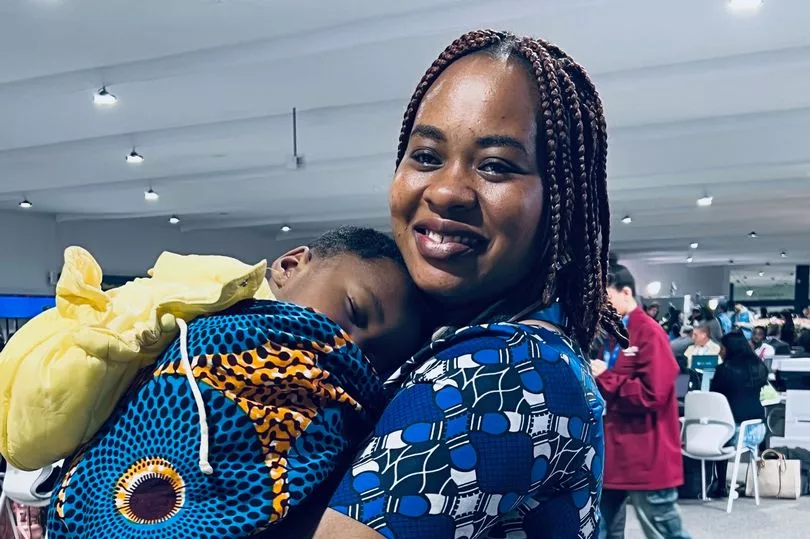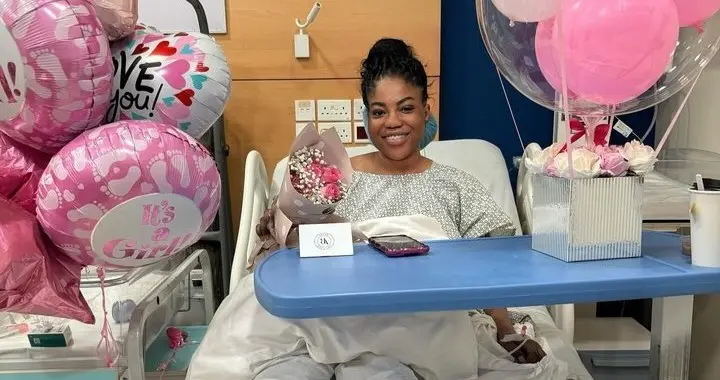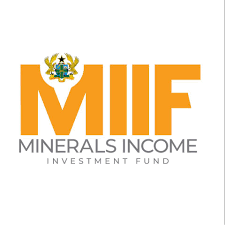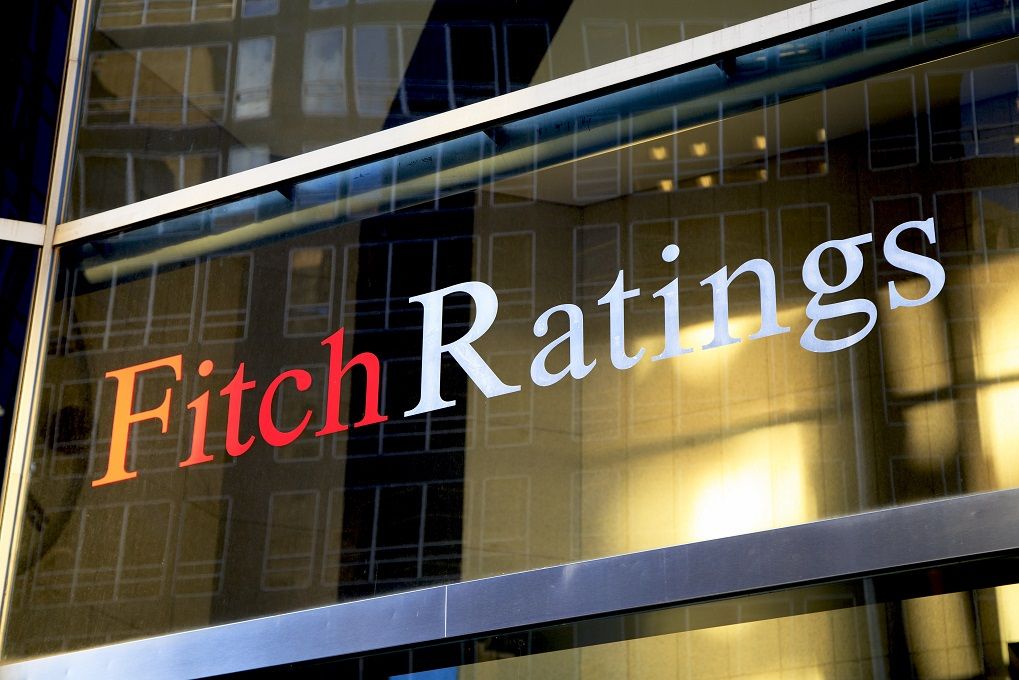
In a poignant act of advocacy, a Ghanaian mother, Adjoa, journeyed nearly 10,000 kilometres with her baby to attend the COP29 climate summit in Azerbaijan. Her mission was clear: to demand urgent action from global leaders, stating, “My son’s future is at stake because of the impacts of climate change.”
Adjoa’s one-year-old son, Leroy Kesse-Sam, is thought to be the youngest participant at a United Nations climate conference. Speaking to The Irish Mirror, Adjoa expressed her concern for future generations.
“We need climate justice now—young ones like my son Leroy need climate justice.”
She called on wealthier nations to deliver the trillions of dollars needed to help vulnerable countries like Ghana adapt to and recover from climate-related disasters. Her advocacy aligns with a global push for $5 trillion in climate financing, as championed by organisations such as the Climate Action Network.
Adjoa highlighted how the climate crisis is intensifying poverty in Ghana, leaving many families unable to afford basic necessities.
“Some children are not able to feed well; they are not able to get a balanced diet because their parents are unable to afford it. The stakeholders have to provide finances so these children can benefit.”
Her commitment to the cause is deeply personal. By bringing Leroy along, she hopes to ensure that the voices of children, particularly those from the Global South, are heard in the climate justice dialogue.
She recounted how Leroy is soothed by a song she once taught to schoolchildren, “Reduce, Refuse, Recycle,” explaining, “When I sing it, he keeps quiet. When he’s uncomfortable and I sing it, he stops crying. I think his voice needs to be heard in this climate finance agenda.”
Ireland’s Environment Minister, Eamon Ryan, shed light on the complexities surrounding climate finance at COP29. He explained the challenges in setting up the New Collective Quantified Goal (NCQG), which is required by 2025 under the Paris Agreement to fund developing countries’ climate initiatives.
“We know we need at least $1.3 trillion to be committed to low- and middle-income countries. That has to be the figure in the end—the question is, what’s that made up of?”
He emphasised the importance of public grant-based financing while recognising the role of private sources, multilateral development banks, and carbon markets. However, he noted the disparity in loan conditions faced by developing nations.
“The problem with those loans at the minute for a lot of countries is the interest rate is four times higher than what we would pay in Ireland. That makes it impossible for countries to have a just transition.”
The urgency of the climate crisis is underscored by recent findings from the Climate Action Tracker, which projects global warming of 2.7°C under current policies—far exceeding the targets set in the Paris Agreement. Despite escalating climate disasters, global efforts to reduce emissions have stagnated over the past three years.
Sofia Gonzales-Zuniga, lead author of the report, warned of the consequences.
“We are clearly failing to bend the curve. As the world edges closer to these dangerous climate thresholds, the need for immediate, stronger action to reverse this trend becomes ever more urgent.”
Adjoa’s journey stands as a testament to the human stakes involved in these negotiations. Her message to world leaders is unequivocal: the outcomes of COP29 will determine the future for children like Leroy and millions of others in vulnerable communities.
source: graphic.com.gh







